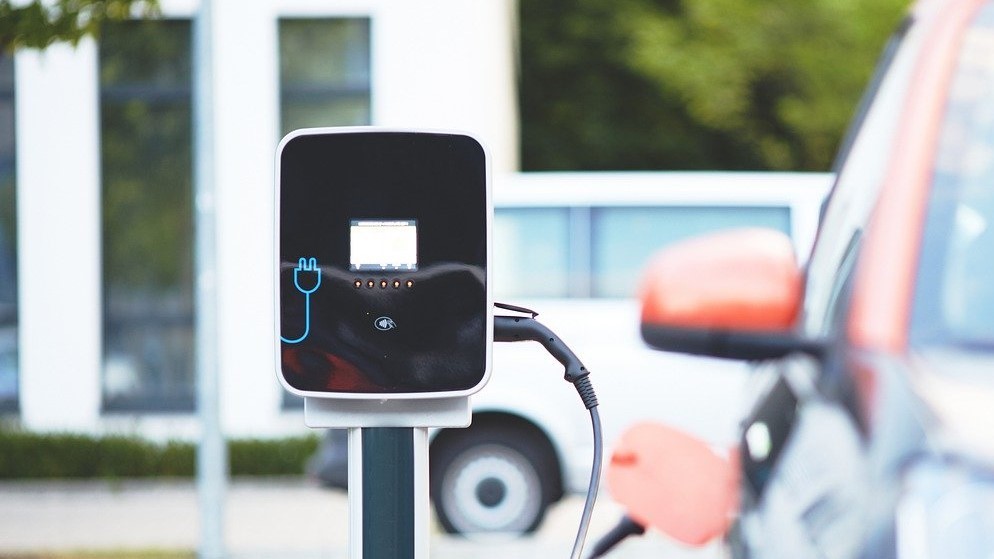New registrations of passenger cars with alternative drive systems fell by 15.9 per cent in November compared to the same month last year. A total of 245,701 new passenger cars were registered by the Federal Motor Transport Authority, 124,494 of them with alternative drive technologies. This corresponds to an overall market share of 51 per cent in November. Since the beginning of the year, around 13.6 per cent more new electric vehicles, hybrids with and without plugs and gas-powered cars have been registered than in the same period last year. With a total of 1,249,676 units between January and November 2023, alternative drive systems therefore hold a market share of 48 per cent.
Among vehicles with alternative drive systems, only hybrids without plugs showed positive growth compared to the same month last year (+38.4 per cent). Of the 60,463 newly registered hybrid vehicles, 7,486 are full hybrids, of which the VDIK brands have a market share of 93 per cent.
However, new registrations of electric vehicles fell significantly compared to November of the previous year (- 38.6 per cent). With 44,942 newly registered purely battery electric passenger cars (BEV), the market was around 22.5 per cent below the registration volume in November 2022. The market for plug-in hybrids (PHEV) fell by 59.3 per cent to 18,124 units.
The noticeable decline in the growth of registrations of vehicles with alternative drive systems is due to the strong year-end spurt that the market for electric vehicles experienced in 2022 as a result of the reduction in the environmental bonus from January 2023. For PHEVs, the subsidy even expired completely at the end of 2022. The overall picture for the months of January to November 2023 shows a 28.2 per cent increase in BEV registrations (469,565 units), while PHEV registrations fell by 46 per cent overall (157,830 units).
Up to and including November 2023, 11,827 LPG passenger cars were also newly registered (-14.4 per cent), as well as 257 fuel cell passenger cars.
The VDIK regularly updates the list of electric vehicles from international manufacturers. VDIK member companies currently offer over 200 electric models (passenger cars and commercial vehicles) that customers in Germany can order. The VDIK electric list can be accessed here.
In addition to vehicles with alternative drive technologies, 903,872 petrol vehicles and 449,178 diesel vehicles were also newly registered between January and November 2023. This gives petrol cars a market share of 35 per cent, while diesel cars account for around 17 per cent.
| November | January – November | ||||||
|---|---|---|---|---|---|---|---|
| +/- (%) | +/- (%) | Share of total car market |
Market share VDIK (%) |
||||
| BEV | 44,942 | -22,5 | 469,565 | 28,2 | 18,0 | 39 | |
| PHEV | 18,124 | -59,3 | 157,830 | -46,0 | 6,1 | 35 | |
| FCEV | 2 | -97,9 | 257 | -66,2 | 0,0 | 90 | |
| Electric Vehicles (total) | 63,068 | -38,6 | 627,652 | -4,8 | 24,1 | 38 | |
| HEV including: |
60,463 | 38,4 | 608,893 | 43,3 | 23,4 | 43 | |
| full hybrid | 7,486 | 9,7 | 86,021 | 29,9 | 3,3 | 93 | |
| mild hybrid | 52,977 | 43,7 | 522,870 | 45,8 | 20,1 | 35 | |
| CNG | 50 | -58,0 | 1,304 | -24,5 | 0,1 | 60 | |
| LPG | 913 | -38,7 | 11,827 | -14,4 | 0,5 | 98 | |
| Alternative Drivetrains (total) | 124,494 | -15,9 | 1,249,676 | 13,6 | 48,0 | 41 | |
| Petrol | 81,734 | 12,5 | 903,872 | 13,1 | 34,7 | 40 | |
| Diesel | 39,470 | -1,0 | 449,178 | 2,5 | 17,3 | 32 | |
| for information: | |||||||
| Passenger car (total) | 245,701 | -5,7 | 2,602,726 | 11,4 | 39 | ||
Electric vehicles: BEV, PHEV und FCEV
BEV, Batterieelektrisches Fahrzeug, engl: Battery Electric Vehicle
PHEV, Plug-In-Hybrid, engl: Plug-In Hybrid Electric Vehicle
FCEV, Brennstoffzellenfahrzeug / Wasserstofffahrzeug, engl.: Fuel Cell Electric Vehicle
Hybride, Hybrid ohne Stecker bzw. nicht aufladbar, engl.: Hybrid Electric Vehicle
CNG, Gasförmiges Erdgas, engl: Compressed Natural Gas
LPG, Flüssiggas bzw. Autogas, engl: Liquified Petroleum Gas
Models with a maximum e-motor output of 20 KW are classified as mild hybrids, while full hybrids have a maximum e-motor output of more than 20 KW.




